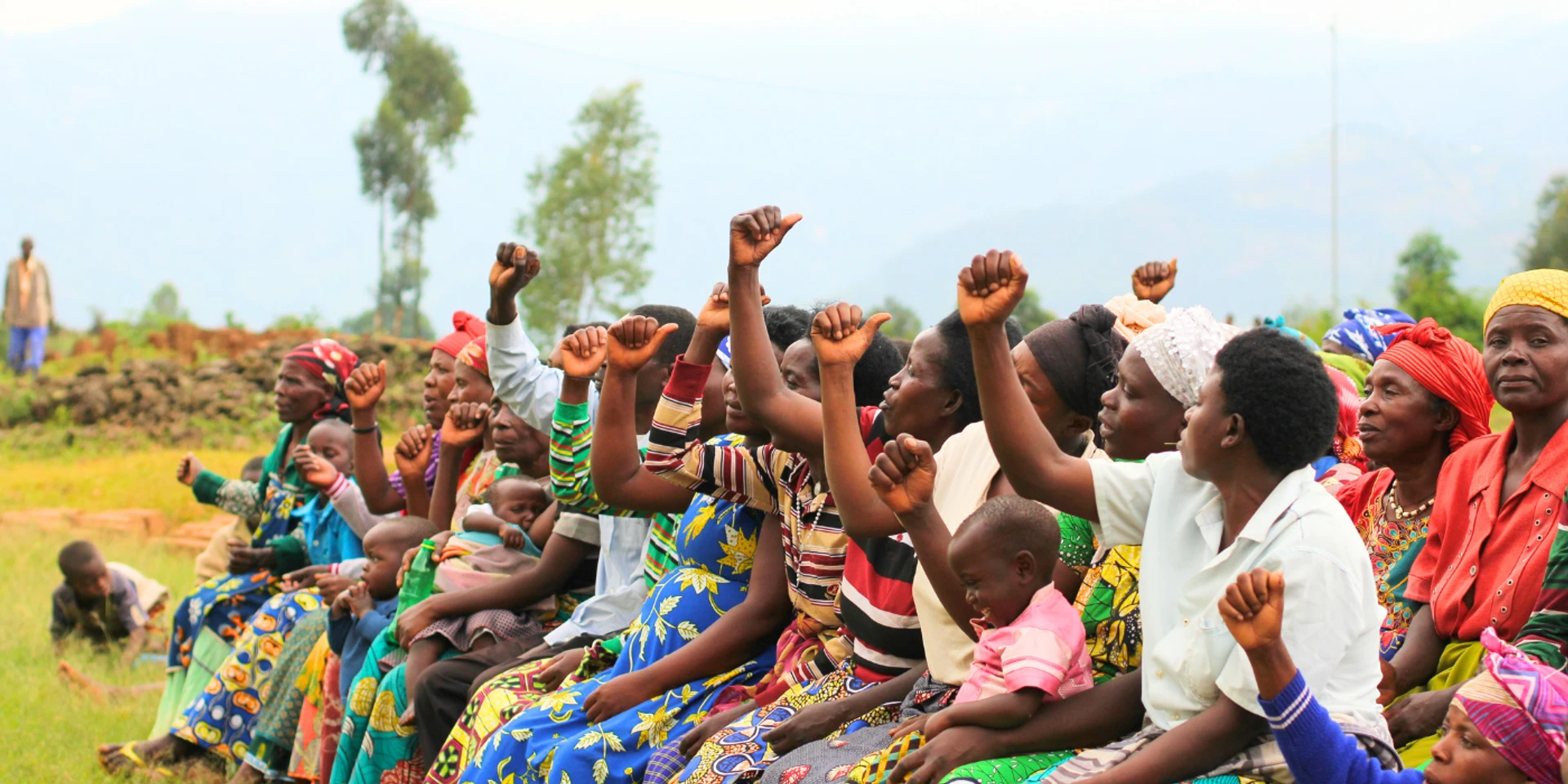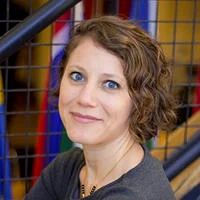Uganda's Resistance Councils

Researching the origins of local, democratic governance.
Uganda’s first Resistance Councils (RCs) were established in the Luwero Triangle during the National Resistance Army (NRM)'s Bush War from 1981-1986.
After the NRM took power, these RCs were established across the country. Renamed "Local Councils" in 1995, they are now the most basic unit of local government and an important public authority actor in Uganda. However, with the exception of a handful of key studies on the RCs that were created in the Luwero Triangle during the conflict, the process of establishing RCs has received limited scholarly attention.
This project documents the process of establishing one of the few originally African institutions of local democratic governance.
This study contributed to existing knowledge by documenting how RCs were established across Uganda in the late 1980s and early 1990s, and how they interacted with existing authorities to create the well-known systems of local governance in Uganda today.
The project interviewed those with first-hand knowledge of Uganda’s first RCs, combined with archival research, that can cast light on these questions.
Researchers

Rebecca Tapscott
Dr Rebecca Tapscott is an Ambizione fellow at the Albert Hirschman Centre on Democracy at the Graduate Institute in Geneva and concurrently a Visiting Fellow at LSE's Centre for Public Authority and International Development and Edinburgh's Political and International Relations Department. Her research focuses on political violence, authoritarianism and masculinity in low-capacity states, with a regional focus on sub-Saharan Africa.
Research interests: statebuilding, democratic governance, armed conflict, violence
Regions: UgandaEmail: rebecca.tapscott@graduateinstitute.ch
Twitter: @rtapscott
Affiliations
This research is co-funded by the Gerda Henkel Foundation's Special Programme on Security, Society and the State and The Albert Hirschman Centre on Democracy at the Geneva Graduate Institute.